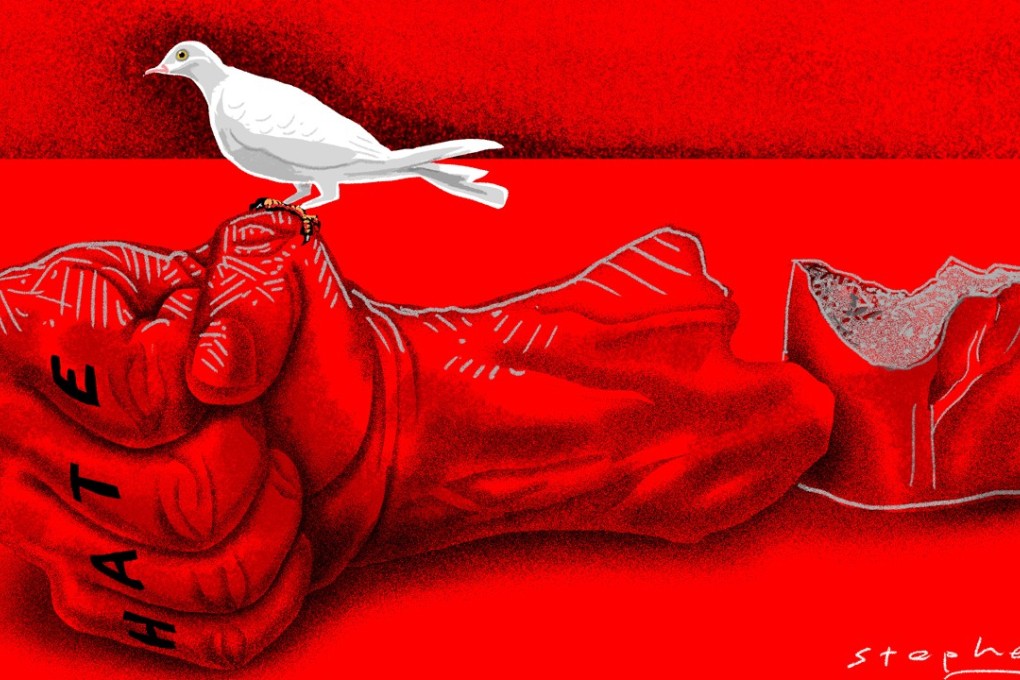‘I have no enemies’: Why Liu Xiaobo’s passing is a sad story for China and its people
Audrey Jiajia Li says Liu Xiaobo left his mark on history through his deep conviction in non-violence despite the provocations, and the circumstances of his passing are a public relations setback for China

A gentle yet courageous intellectual, Liu left his mark in history through his roles in several major events, and through his deep conviction in the power of non-violence in bringing about social change.
As the 1989 pro-democracy protests came to an end on the morning of June 4 in Beijing, Liu could have fled but chose to stay in Tiananmen Square and was among the few well-known intellectuals who urged the student protesters to retreat and negotiated with the military to give safe passage. This saved the lives of hundreds, though he received a two-year prison sentence soon afterwards.

From Mahatma Gandhi to Nelson Mandela, and Martin Luther King to Aung San Suu Kyi, the concept of non-violence has resonated with many. However, it has proven difficult for the idea to take root in Chinese society. In 1898, when the “Hundred-Day Reform” movement of the Qing dynasty failed, reformer Tan Sitong’s last sigh before his execution came with the words: “transition of all nations begins with bloodshed”. In recent times, the communist doctrine “political power grows out of the barrel of a gun” was sanctioned and worshipped. Even in today’s China, a majority believes in the rule of the jungle: fists talk and conciliation equals weakness.
Charter 08 was more than a document for Liu Xiaobo, it was his whole life
But we now live in the 21st century. Civilisation has supposed to have evolved to a level where people are capable of reaching consensus by communicating, negotiating and compromising. In this sense, non-violence was a fresh notion with Liu who, as a pioneer, promoted this with great perseverance.